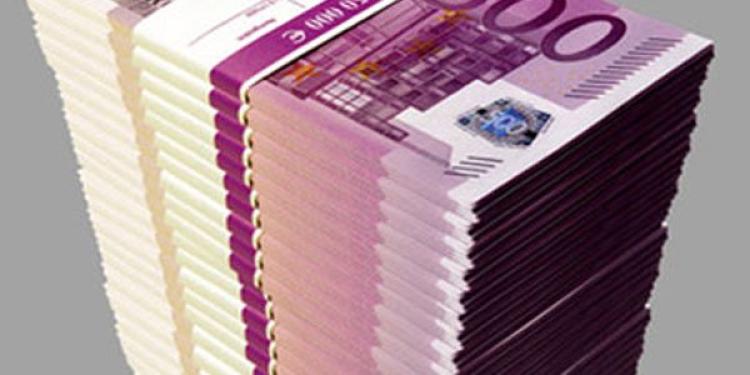Details behind the Romanian Lottery Scandal Revealed
Posted: February 10, 2014
Updated: October 4, 2017

The dispute over Romania’s suspicious lottery contracts is far from being over, as the latest agreement is even more scandalous.
The percentage paid to the three lottery service providers was:
• 80% between 2003 and 2006
• 75% between 2006 and 2009
• 70% between 2009 and 2013
A huge scandal broke out recently in Romania, as local authorities discovered the National Lottery signed preferential deals for its video lottery terminals. The government-financed company was sanctioned by the Romanian Competition Council with over EUR 2 million, but this only means that the state will be paying for the management’s bad decisions.
As reported by local gambling news, the contract awarded 80% of all profits made by video lottery terminals (VLT) across the country to three privately held companies: Intralot SA Integrated Lottery Systems and Services, Intracom SA Holdings and Lotrom SA.
State lottery seals suspicious contract
Over ten years ago, Romania was preparing to get its first video lottery terminals. This was when the National Lottery started its search for partners, but apparently the company’s management did not look too far and was suspiciously quick to accept the worst offer.
As far as lottery contracts go, Romanian gambling laws leave the decision up to the government-financed operator, which eventually stumbled upon two Greek creditors and a Romanian gambling machine provider.
The creditors, Intralot and Intracom, came up with the money for all investments, while Lotrom provided the equipment. It was then up to the state to pay all taxes and hand over 80% of the total revenue generated by VLTs to the three companies. On top of that, a non-compete clause included in the agreement awarded them exclusivity to all VLT-related investments.
Better offers were rejected
The Competition Council fined all four companies involved in the lottery scandal
• The Romanian Lottery: EUR 2,012,708
• Intralot: EUR 1,236,860
• Intracom: EUR 397,163
• Lotrom: EUR 114,375
Last year, the press revealed shocking details about the whole affair, including the fact that other companies came forward with better proposals only to be rejected by lottery officials. Indeed, the Romanian operator could have done a lot better with an investor like Gauselmann, who offered to leave 80% of all profits for the state and pocket only the other 20% for its complete services.
Instead, lottery officials sent the Germans home and stuck with the two Greek firms for 10 years. Such exclusive partnerships between state-owned companies and private investors are against national and European laws, which require the market to be free and open for competition.
This is why, after learning about the suspicious contract from local newspapers, the Romanian Competition Council decided to fine the four partners. Too little, too late, as the “investors” had already leeched off of the National Lottery for years before the contract eventually expired last October.
Preparing for a new scandal
It would have been one thing if this whole scandal ended in a punishment for the National Lottery managers and meant that they learned their lesson. But with Romania, it’s a whole different story. The scandal is about to grow even bigger, as the operator has recently signed another similar contract.
This time around, the same exclusive deal is going to Austrian group Novomatic and it’s not for 10 years, but for 15! The contract has already been signed and sealed, with the approval of the current Government, and it awards 50% of total profits to the foreign group. Incidentally, the state lottery’s new partner owns 5% of the Greek company Intralot.
With the way the Romanian Lottery handled everything so far, it might not be long before the Competition Council hands out a new “bill”, next to the soaring EUR 2 million fine. But that’s not all. The lottery operator has agreed to pay another EUR 370,000 to the law firm which will represent it in court against the Council.
The bad news is that all this actually ends up backfiring on tax payers, as they’re the ones indirectly financing the lottery, through the state’s budget. In the end, it looks like the winning tickets are in the hands of some very suspicious individuals.












